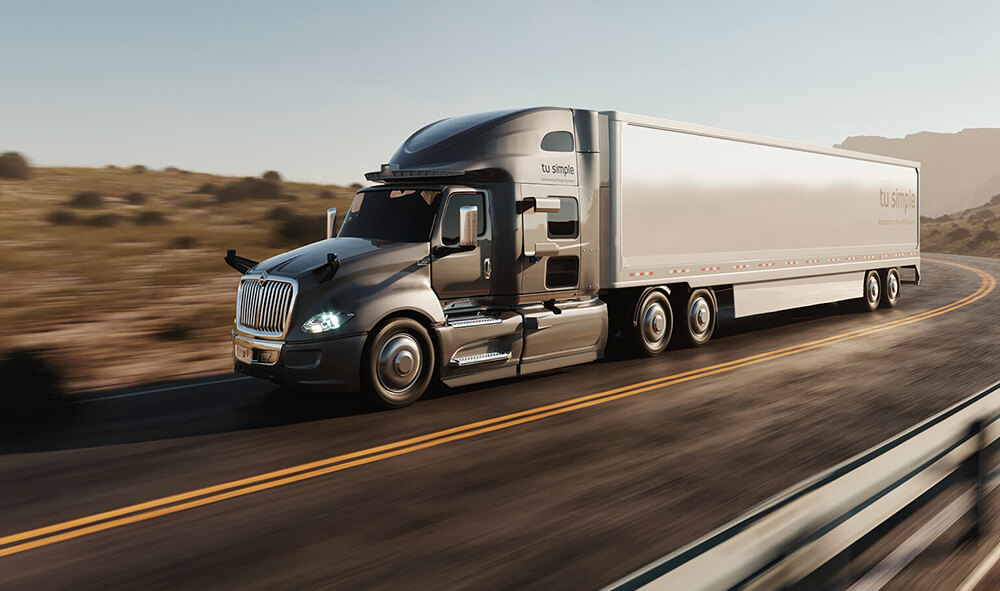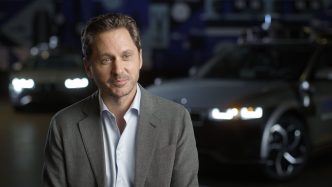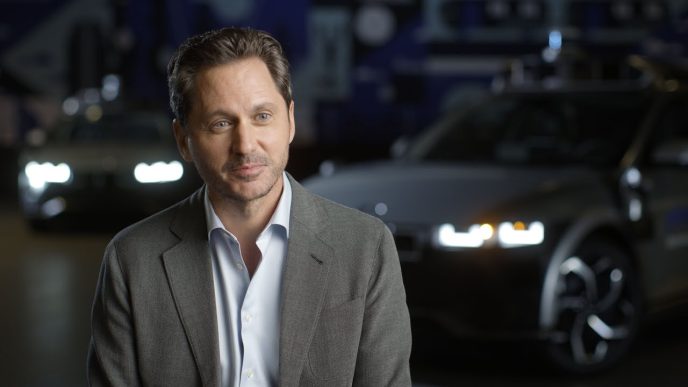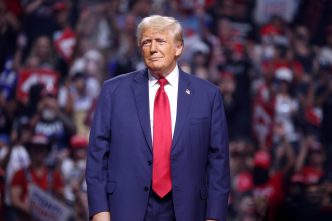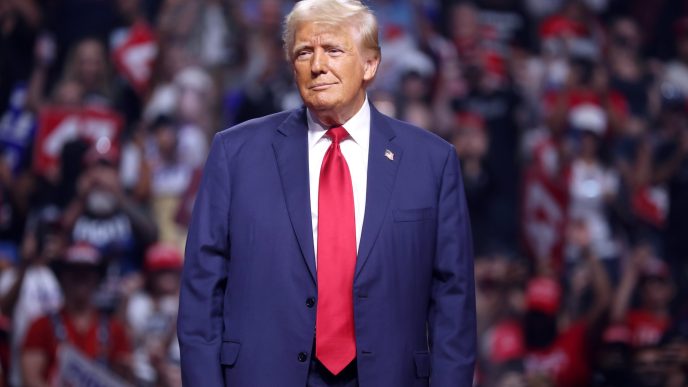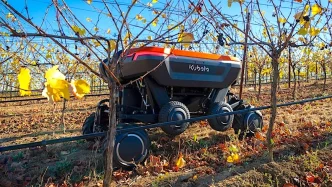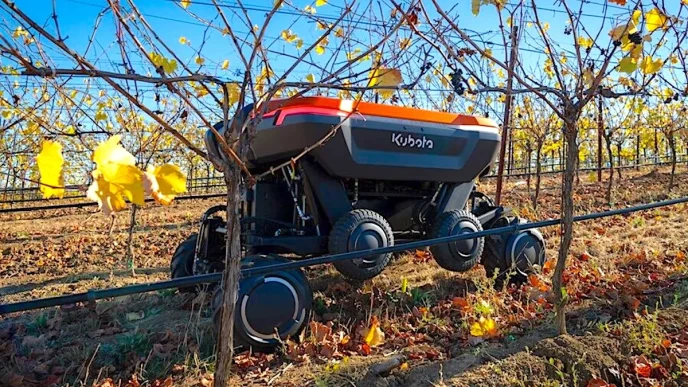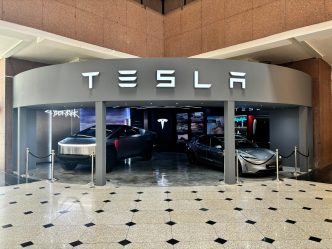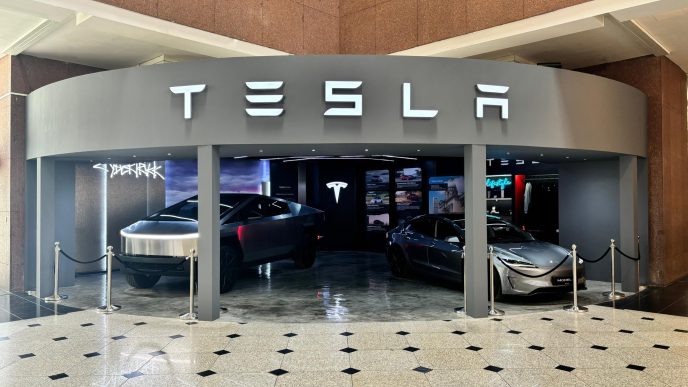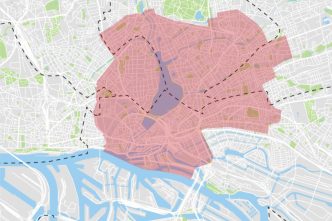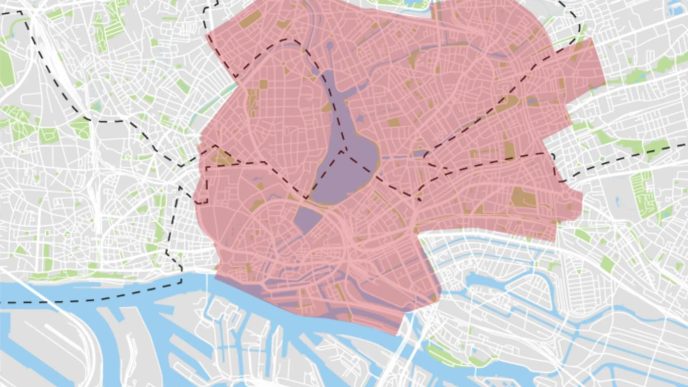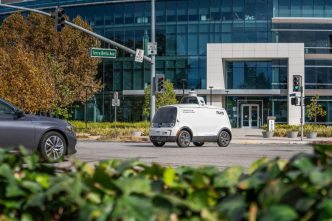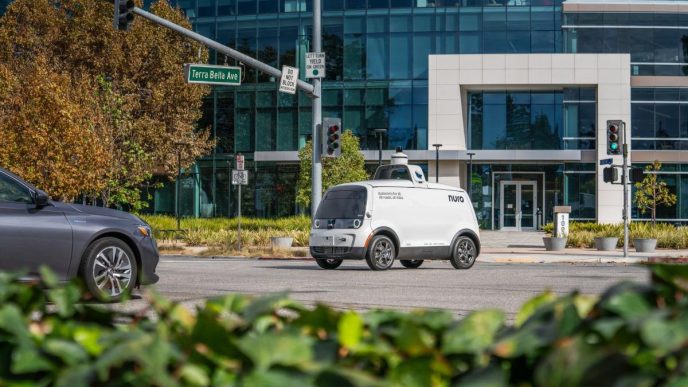Xiaodi Hou, co-founder and former CEO of self-driving trucking startup TuSimple, has petitioned a California district court to issue a temporary restraining order to prevent the company from transferring its remaining U.S. assets to China, according to court documents filed Monday. Hou’s request includes expedited discovery of evidence to support his motion, with a court hearing scheduled for December.
Hou alleges TuSimple, once valued at $8.5 billion, is diverting tens of millions of dollars in investor funds to unrelated ventures in China, including an AI-generated animation and video game business tied to co-founder and board chairman Mo Chen. The company, which had about $450 million in capital as of September, has shifted its focus toward these new ventures without notifying or obtaining approval from shareholders, Hou claimed. He also accused TuSimple of violating SEC regulations by failing to disclose significant changes to its business strategy.
The legal filing marks the first public accusation by Hou against TuSimple’s leadership since his ousting as CEO in 2022. TuSimple, which shut down U.S. operations and was delisted from Nasdaq in January 2024, had initially aimed to commercialize autonomous vehicle (AV) technology in China. However, the company subsequently laid off large portions of its workforce, ceased self-driving operations, and began reallocating resources to AI gaming and animation projects.
Hou’s court filing highlights an alleged $150 million asset increase by two TuSimple China subsidiaries last week, which he interprets as evidence of imminent or completed fund transfers out of the U.S. His request seeks to halt such actions to protect shareholder interests and preserve the company’s remaining U.S. assets.
Shareholder concerns surfaced in August when TuSimple’s board disclosed the new AI gaming business following inquiries about its resource allocation. The dispute underscores the challenges facing the startup, once a pioneer in autonomous trucking, as it navigates a controversial pivot away from its original mission.
See Also
- TuSimple Advances Autonomous Trucking Testing in Japan and China Amidst Company Restructuring
- TuSimple Showcases Its Latest Innovations at CES 2022
- TuSimple Shifts Focus from Autonomous Trucks to AI Gaming and Animation
- Tesla’s Full Self-Driving Launch in China May Be Delayed Beyond Q1 2025 – Report
- Hesai, Lidar Manufacturer, Sues U.S. Government, Rejects Alleged Ties to China’s Military

